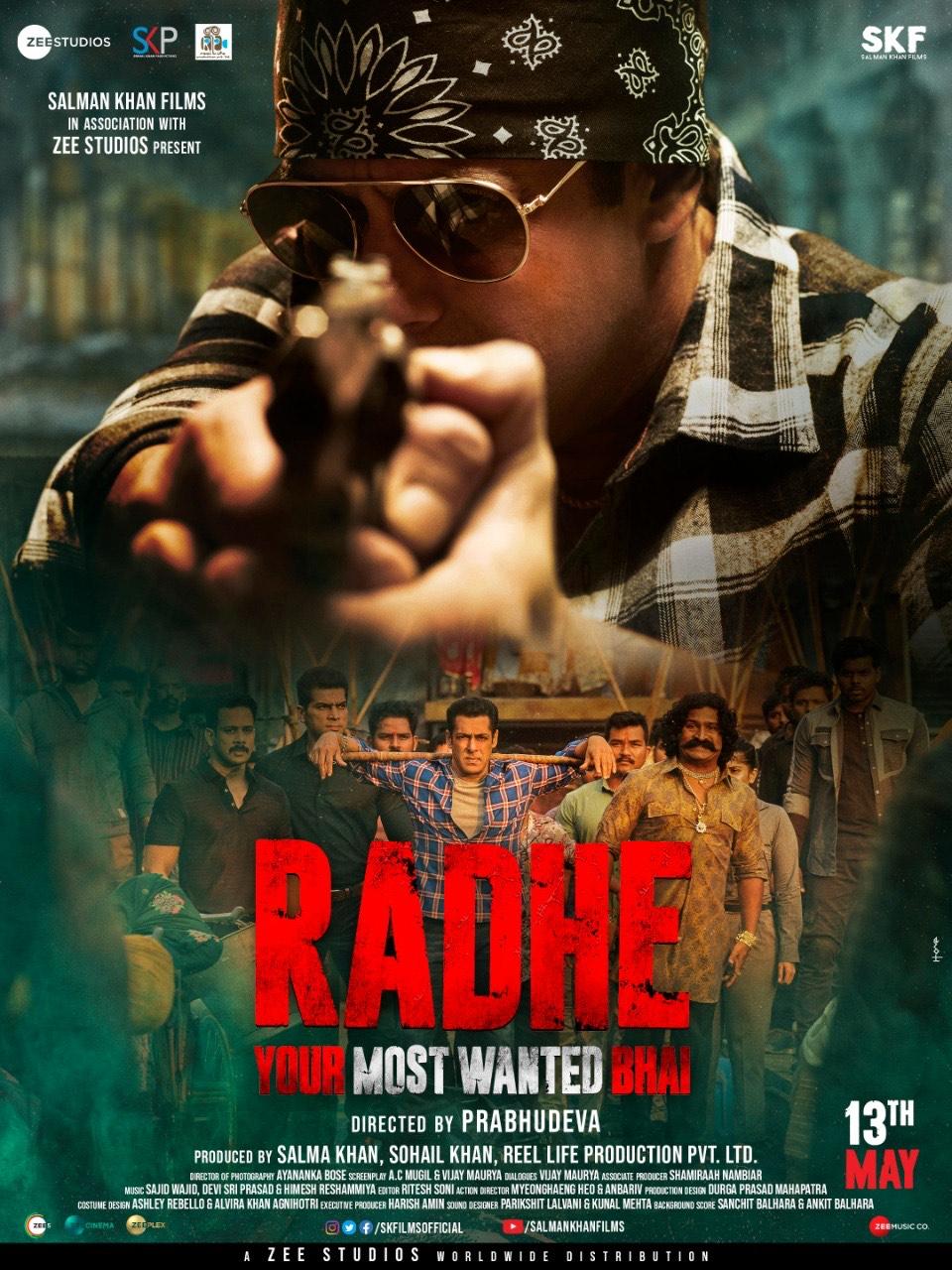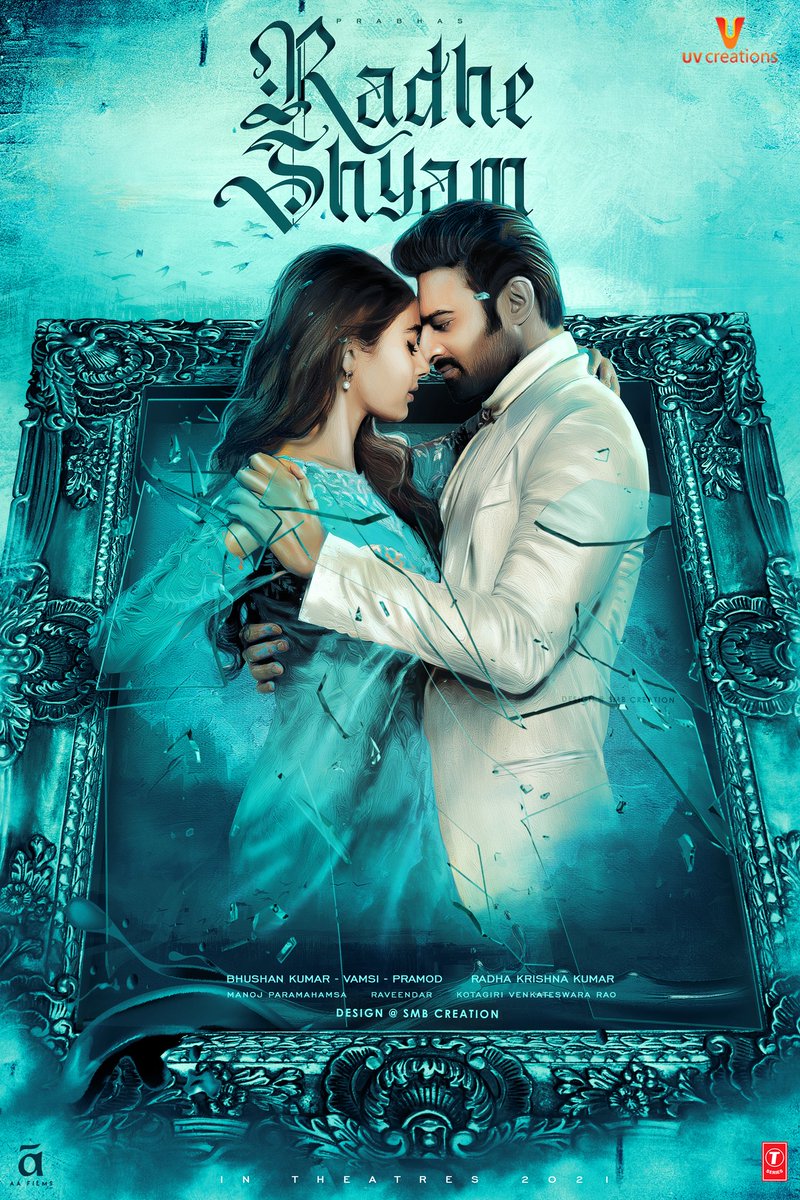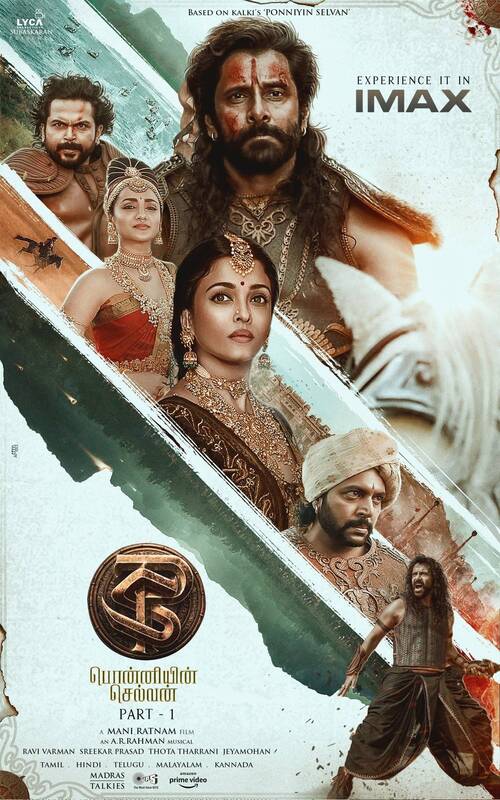Is Radhe: Your Most Wanted Bhai living up to the legacy of its star-studded cast and high expectations? A bold statement must be made here—this film, directed by Prabhu Deva and produced under the banner of Salman Khan Productions, has been a topic of immense discussion in the Indian film industry. As an action thriller that combines elements of drama and suspense, it aims to captivate audiences with its narrative prowess and visual grandeur.
Released in 2021, Radhe: Your Most Wanted Bhai is set against the backdrop of Mumbai's underworld, weaving a tale of brotherhood, betrayal, and redemption. The storyline revolves around the protagonist, played by none other than Salman Khan himself, who takes on the role of a vigilante seeking justice for his slain sibling. With Sohail Khan co-producing alongside Atul Agnihotri, the project was anticipated to deliver both box office success and critical acclaim. However, opinions remain divided as viewers weigh the merits of its execution versus its ambition.
| Bio Data & Personal Information | Career Highlights | Professional Achievements |
|---|---|---|
| Name: Salman Khan Date of Birth: December 27, 1965 Place of Birth: Indore, Madhya Pradesh, India Education: Studied at St. Xavier's College, Mumbai Family Background: Son of veteran screenwriter Salim Khan |
Debut Film: Biwi Ho To Aisi (1988) Notable Films: Maine Pyar Kiya, Hum Aapke Hain Koun..!, Dabangg, Ek Tha Tiger Awards: Two National Film Awards, Six Filmfare Awards Philanthropy: Founder of Being Human NGO |
Production Company: Salman Khan Productions Recent Projects: Radhe: Your Most Wanted Bhai, Antim: The Final Truth Industry Recognition: Listed among Forbes' Highest-Paid Actors Globally Reference Link: IMDb Profile |
In addition to Radhe: Your Most Wanted Bhai, another notable mention within the realm of Bollywood films is the spiritual track Chali Radhe Rani Ankhiyo Me Paani. This devotional song features prominently in various compilations dedicated to Hindi cinema's rich tradition of bhajans. Its inclusion underscores the cultural significance attached to such music forms, resonating deeply with audiences across generations. Such tracks often serve as bridges connecting modern storytelling techniques with timeless themes rooted in faith and devotion.
Meanwhile, discussions surrounding remakes have gained momentum following several adaptations from South Korean cinema into Bollywood productions. Titles like Montage, Ode to My Father, Seven Days, and A Bittersweet Life found their way onto Indian screens through localized versions including Radhe Shyam and Bharat. While some critics argue these reinterpretations dilute original narratives due to cultural differences, others believe they enrich global perspectives by blending diverse influences into cohesive stories.
One cannot overlook TikTok trends influencing public discourse regarding specific releases. For instance, memes centered around 'Bottle Radhe' humorously highlight trivial aspects associated with filmmaking processes while simultaneously sparking curiosity about behind-the-scenes dynamics. Similarly, user-generated content revolving around spin-off theories or alternate endings further amplifies fan engagement levels beyond traditional promotional strategies employed during launches.
Turning our attention towards reviews, Hisaab Barabar emerges as yet another example illustrating contrasting interpretations based on individual preferences. Directed by Ashwni Dhir, this comedy-drama addressing banking scams received mixed reactions despite raising pertinent issues related to citizen activism against systemic corruption. Here again, performances delivered by lead actors such as R Madhavan play crucial roles shaping overall perceptions held by cinephiles worldwide.
Pre-release buzz generated by Radhe Shyam indicated strong potential given its acquisition price tag exceeding ₹210 crores prior to hitting theaters. Nevertheless, post-screening analyses revealed varying degrees of satisfaction amongst patrons depending largely upon personal tastes concerning plot development, character arcs, and technical finesse exhibited throughout runtime sequences. Consequently, evaluating whether financial investments translate proportionately into commensurate returns becomes essential when assessing long-term viability within competitive markets characterized by rapidly evolving consumer demands.
Ultimately, each cinematic endeavor contributes uniquely towards advancing artistry standards prevalent today. Whether it involves exploring uncharted territories via cross-cultural exchanges or revisiting cherished classics through contemporary lenses, every effort deserves acknowledgment provided creators adhere faithfully to core principles guiding ethical practices within entertainment industries globally. Thus, appreciating nuanced differences inherent within respective works fosters greater understanding amongst stakeholders invested equally in preserving integrity alongside innovation moving forward.
As we continue delving deeper into complexities surrounding movie evaluations, let us not forget fundamental tenets anchoring successful outcomes irrespective of genre classifications or regional affiliations. Authenticity coupled with relatability remains key ingredients ensuring sustained interest over time – qualities exemplified consistently by trailblazers whose relentless pursuit of excellence continues inspiring countless others aspiring to leave indelible marks upon history books forevermore.




